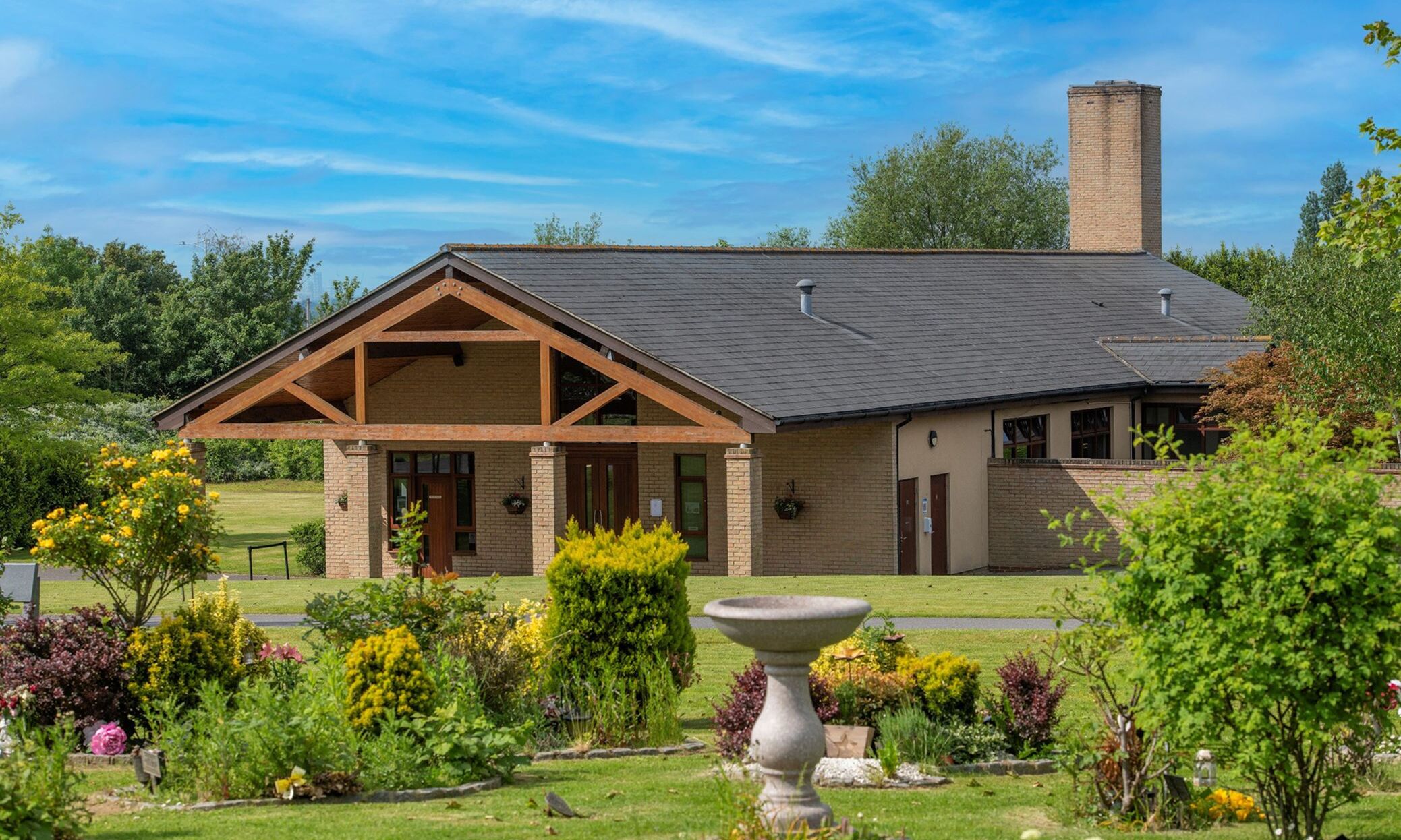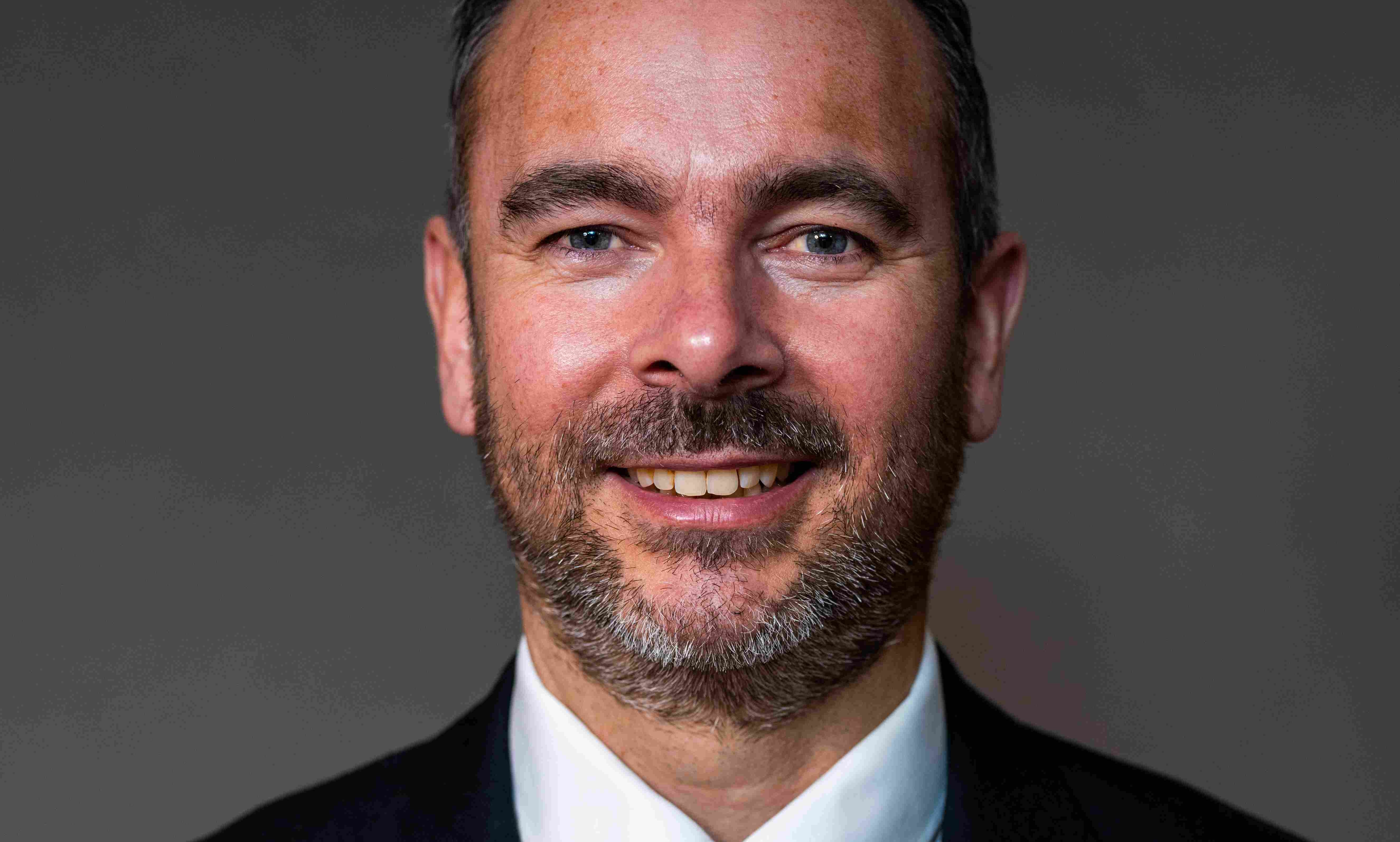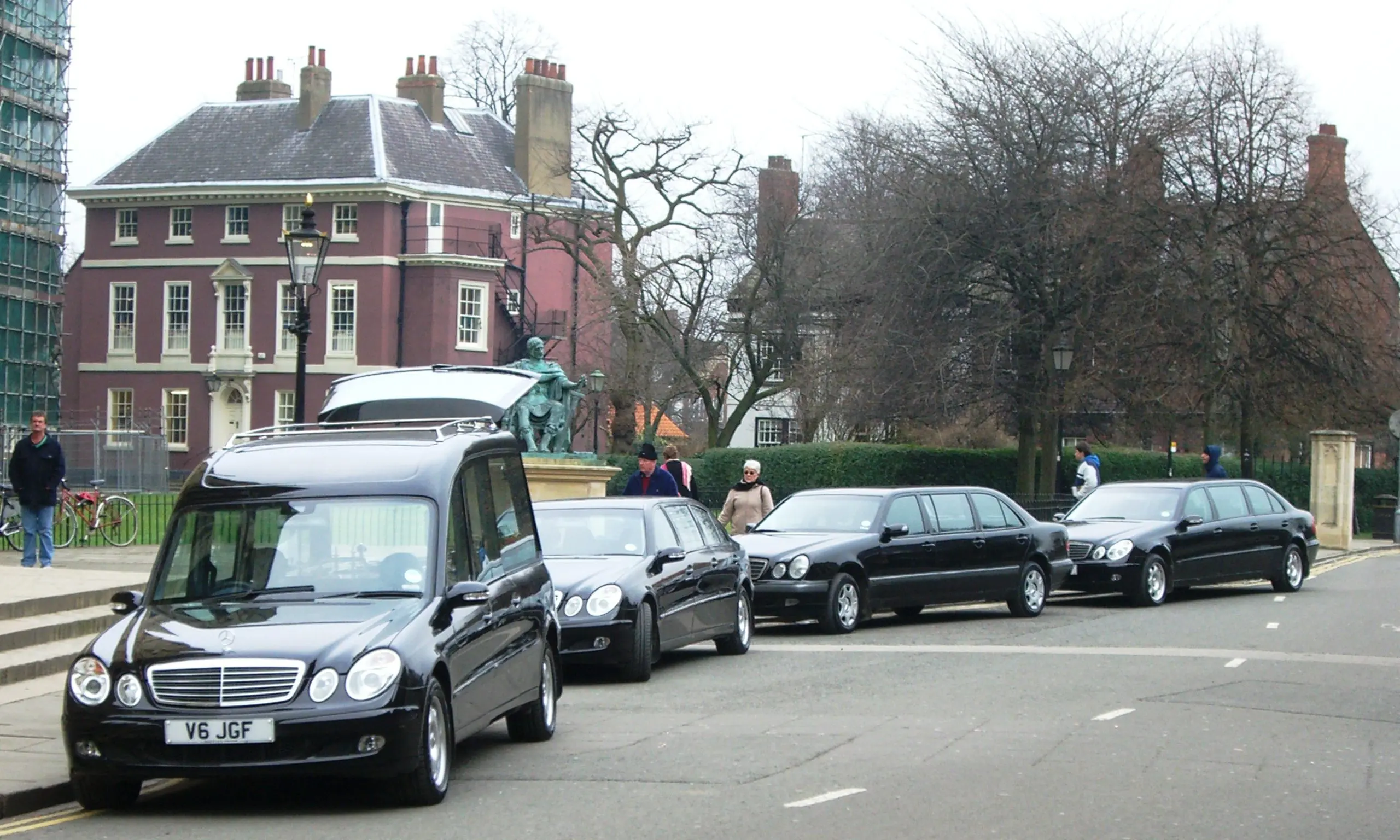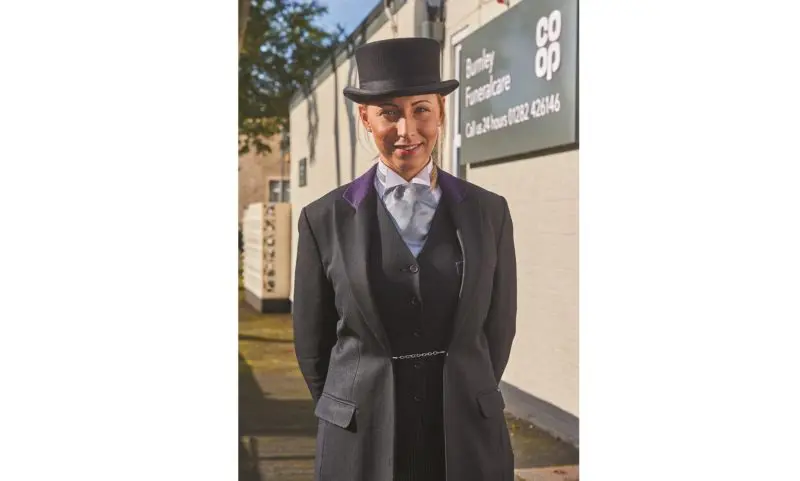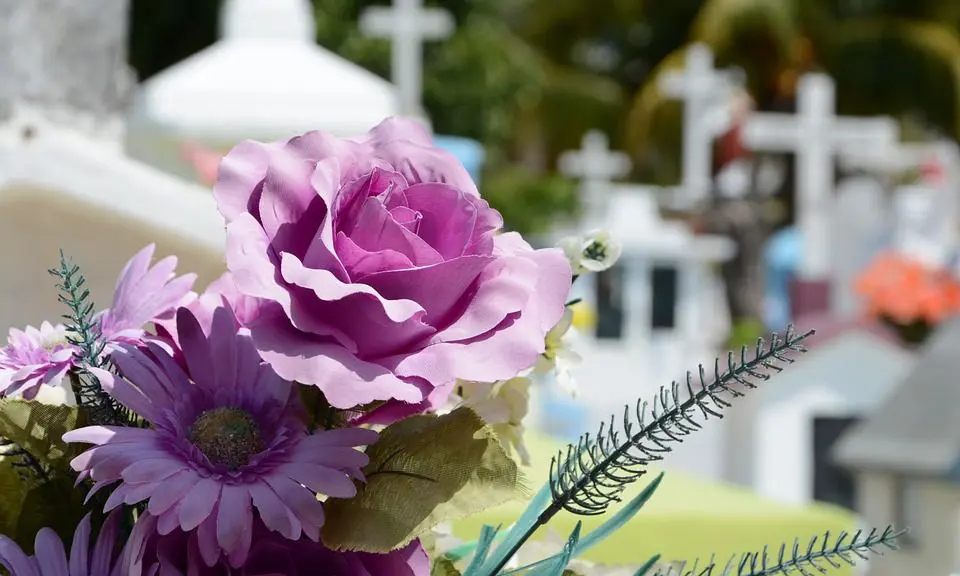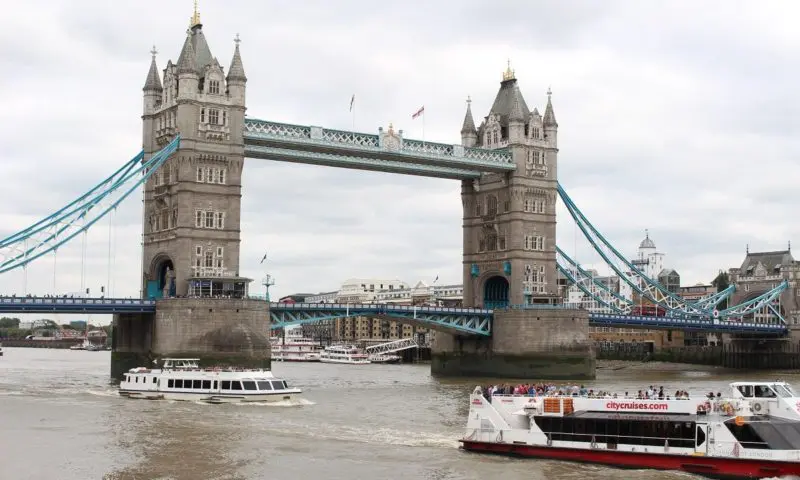Register to get 1 free article
Reveal the article below by registering for our email newsletter.
Want unlimited access? View Plans
Already have an account? Sign in
A small town coming to a standstill as the funeral profession passes through is an image ingrained in British culture. Tradition dictates that a doff of the cap and standing still are an appropriate response to the sight of the cortege passing by. Drivers are usually expected to reduce their speed and stay behind the procession, customarily finding an alternative route with overtaking and hooting the horn frowned upon. If a driver meets the procession on a dual carriageway then it is considered within reason to overtake. Elsewhere toll bridges usually do not charge the cortege for crossing and figures of authority on the road such as traffic wardens are generally expected to be more lenient with funeral cars.
But recent incidents raise the question: is respect for the hearse dwindling? A Cheshire toll bridge hit the headlines in August when it stopped and charged every member of a funeral cortege. The bridge operator Peel Ports said at the time that it was company policy to waive the charges for funeral cars. Local funeral directors disagreed with Peel Ports, with Kay Antrobus from a Parlington funeral parlour saying: “They would charge you and the mourners behind you.” A Peel Ports spokesperson said in the company’s defence: “We can confirm that it is our policy to waive the toll at Warburton Toll Bridge for funeral processions and we are currently investigating the incident concerned.”
In May, Cumbrian parking wardens were caught disturbing a funeral procession with a warden brazenly slapping a ticket on the front of a funeral car as its driver helped load a coffin into the back. According to parking operator, UKPC, the ticket was investigated and rescinded “quickly”, though the driver said he saw the parking warden “run off” as he and a friend returned to the car. “He’s seen them come in and waited until they were out of sight before he ticketed them – he must have known what they were doing,” the driver said.
At the end of last year a highway maintenance truck overtook a funeral procession in Spalding, Lincolnshire leaving a grieving daughter in tears. The procession felt compelled to pull over following the incident, after which Lincolnshire council were quick to deny the vehicle belonged to them. Members of the cortege said the vehicle “tailgated” them until it could overtake. The funeral director on the day, Derek Morriss, said: “It would be nice if we weren’t cut up, if we were helped at roundabouts.” The girl’s mother said at the time: “I was very upset and very angry about it. We felt the lowest we’ve ever felt and then for that to happen it was awful. To me it’s an unwritten rule that you don’t follow a hearse and leave the family behind.”
Research by Co-op Funeralcare confirms the tradition is fading. A survey it conducted found 29 percent of drivers between the ages of 18 and 44 were unaware of any customary respect for funeral cars, and more than half of pedestrians were oblivious that they are traditionally expected to stop what they are doing as the cortege passes. The research also showed that four in 10 people are unaware that they should bow their heads and remove any headwear if a funeral procession passes.
Scotland was found to be the “most respectful” area of the UK for funeral corteges, with the Midlands considered the UK’s “most disrespectful. David Collingwood, director of funerals at Co-op Funeralcare says: “We have seen a shift away from people observing funeral etiquette – many people ignore a passing funeral procession and pedestrians often disrupt a cortège by using a pelican crossing.
“Generations of people are unaware of the traditions and etiquette which were once commonplace for people to show to a passing funeral. The days of workers stopping what they were doing to mark a passing procession or people removing their hats and bowing their heads are long gone.”
Co-op Funeralcare drivers said the most common examples of disrespect they saw were verbal abuse, aggressive overtaking, rude hand gestures, loud music and drivers cutting into the procession. Collingwood added that the majority of people now simply ignore passing funeral processions. A new threat to the cortege appears to be people who aim to intentionally disrupt it by using a pelican crossing to interrupt the flow of the procession. This practice is popular with (however not limited to) schoolchildren, according to Collingwood, who he says often fool around in front of the cars in the absence of a pelican crossing.
In light of a clearly growing disrespect for the funeral procession, we spoke to a number of funeral drivers to ask what they had experienced on the roads, and whether they have noticed a rise in disrespect.
Drivers’ stories
Green’s Carriage Masters
Green’s Carriage Masters reported a wide variety of issues they had faced during processions. The story of eager parking wardens resonated with the company which says it has seen hearses ticketed as a coffin is being loaded into the back. The company described parking tickets as its most common sign of disrespect adding that it also often sees “pretty generic road rage about the hearse driving at a slow speed”.
Rowland Brothers general manager Gary Bruce explained that “although there has been the occasional incident, they have happened so infrequently”. However, the company explains that the problems it encounters most frequently are drivers cutting in between the cortege or cutting up the hearse, overtaking the cortege as it was “travelling slower than the overtaking driver thought they should” and tickets issued by traffic wardens when the hearse or limousines were waiting outside a church.
Bruce adds that his company’s cars get no special dispensation from the authorities. When travelling into London for example, the cortege is still required to pay the congestion charge. With relation to incidents on toll roads Bruce says the cars are registered with all the toll roads and bridges they use and says all fees still apply to them, however they try to avoid them whenever possible.



